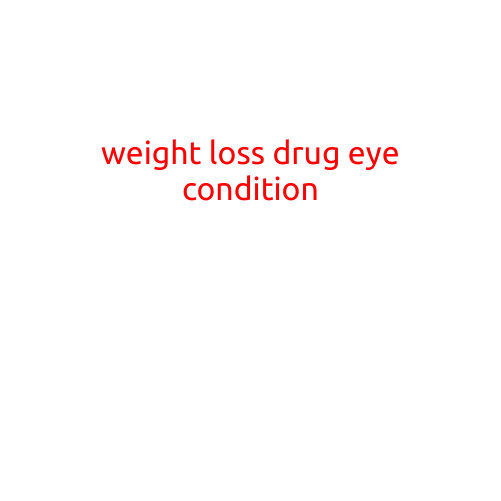
Weight Loss Drug Examples: A Comprehensive Guide
Losing weight can be a challenging and daunting task, especially for those who have tried various dieting methods without success. For some, weight loss medication may be a viable option to help them achieve their weight loss goals. In this article, we will explore some of the most popular weight loss drug examples that are available on the market.
1. Orlistat (Alli)
Orlistat, marketed as Alli, is a prescription medication that is available over-the-counter in some countries. It works by preventing the absorption of fat from the diet, reducing the amount of calories consumed by the body. Side effects may include oily stools, gas, and kidney stones.
2. Phentermine (Adipex-P)
Phentermine is a prescription medication that suppresses appetite and increases metabolism. It is commonly used in combination with other weight loss medications and is not suitable for people with certain health conditions, such as high blood pressure or heart disease. Side effects may include insomnia, anxiety, and increased heart rate.
3. Lorcaserin (Belviq)
Lorcaserin, marketed as Belviq, is a prescription medication that works by activating a receptor in the brain that helps regulate appetite and metabolism. It is approved for use in people who are obese or overweight and have at least one weight-related condition, such as high blood pressure or type 2 diabetes. Side effects may include headaches, nausea, and insomnia.
4. Liraglutide (Saxenda)
Liraglutide, marketed as Saxenda, is a prescription medication that is injectable and works by increasing feelings of fullness and reducing hunger. It is approved for use in people who are obese or overweight and have not been successful with other weight loss methods. Side effects may include nausea, vomiting, and injection site reactions.
5. Naltrexone and Bupropion (Contrave)
Naltrexone and bupropion, marketed as Contrave, is a prescription medication that works by blocking the effects of opioid receptors in the brain, which can lead to a decrease in appetite and an increase in metabolism. It is approved for use in people who are obese or overweight and have at least one weight-related condition. Side effects may include nausea, headache, and insomnia.
6. Phentermine and Topiramate (Qsymia)
Phentermine and topiramate, marketed as Qsymia, is a prescription medication that works by suppressing appetite and increasing metabolism. It is approved for use in people who are obese or overweight and have at least one weight-related condition. Side effects may include dizziness, fatigue, and weight loss.
7. Semaglutide (Ozempic)
Semaglutide, marketed as Ozempic, is a prescription medication that is injectable and works by increasing feelings of fullness and reducing hunger. It is approved for use in people with type 2 diabetes and is also being studied for its potential use in weight loss. Side effects may include nausea, vomiting, and injection site reactions.
Conclusion
Weight loss medication can be a useful tool for people who are struggling to lose weight, but it is important to remember that these medications are not a magic pill and should be used in conjunction with a healthy diet and regular exercise. It is also important to discuss any potential side effects with a healthcare provider before starting any new medication. Additionally, always follow the medication instructions and dosage guidelines provided by the healthcare provider.
Remember, weight loss is a journey, and it takes patience, dedication, and the right tools to achieve success. Consult with a healthcare provider to determine the best approach for your individual weight loss goals.





